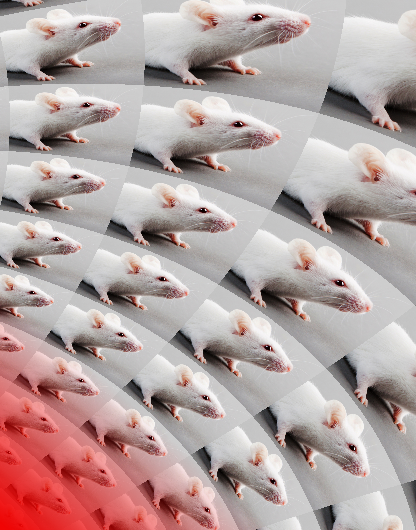Cloning honed for higher viability
 Scientists have developed a new method to greatly improve the efficiency of cloning mice.
Scientists have developed a new method to greatly improve the efficiency of cloning mice.
Animal cloning is known to be an inefficient process; only a small percentage of successful cloning can be achieved when conventional methods are used.
A team of Japanese and UK researchers has discovered an improved culture condition for cloned mouse embryos by adding three molecules, which affect chromatin modifications and gene expression, to the medium.
The new mix allowed 15 per cent of cloned embryos to be born after embryo transfer to foster mothers.
Changing the culture condition for embryos is a simple, easy method for scientists to enable stable production of cloned mice.
In principle, the refined protocol for mouse cloning can be applied to other species too.
The new method will make the cloning technique widely available for a variety of applications, such as preservation of endangered species and production of transgenic animals for modelling diseases.








 Print
Print